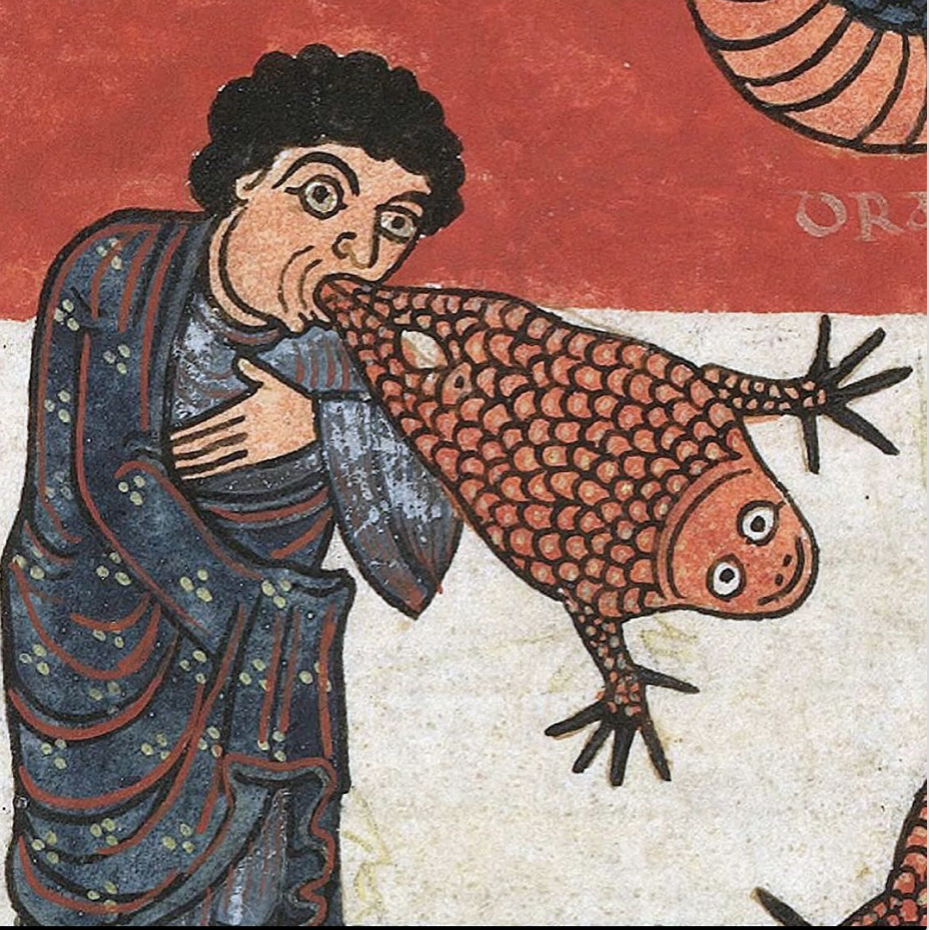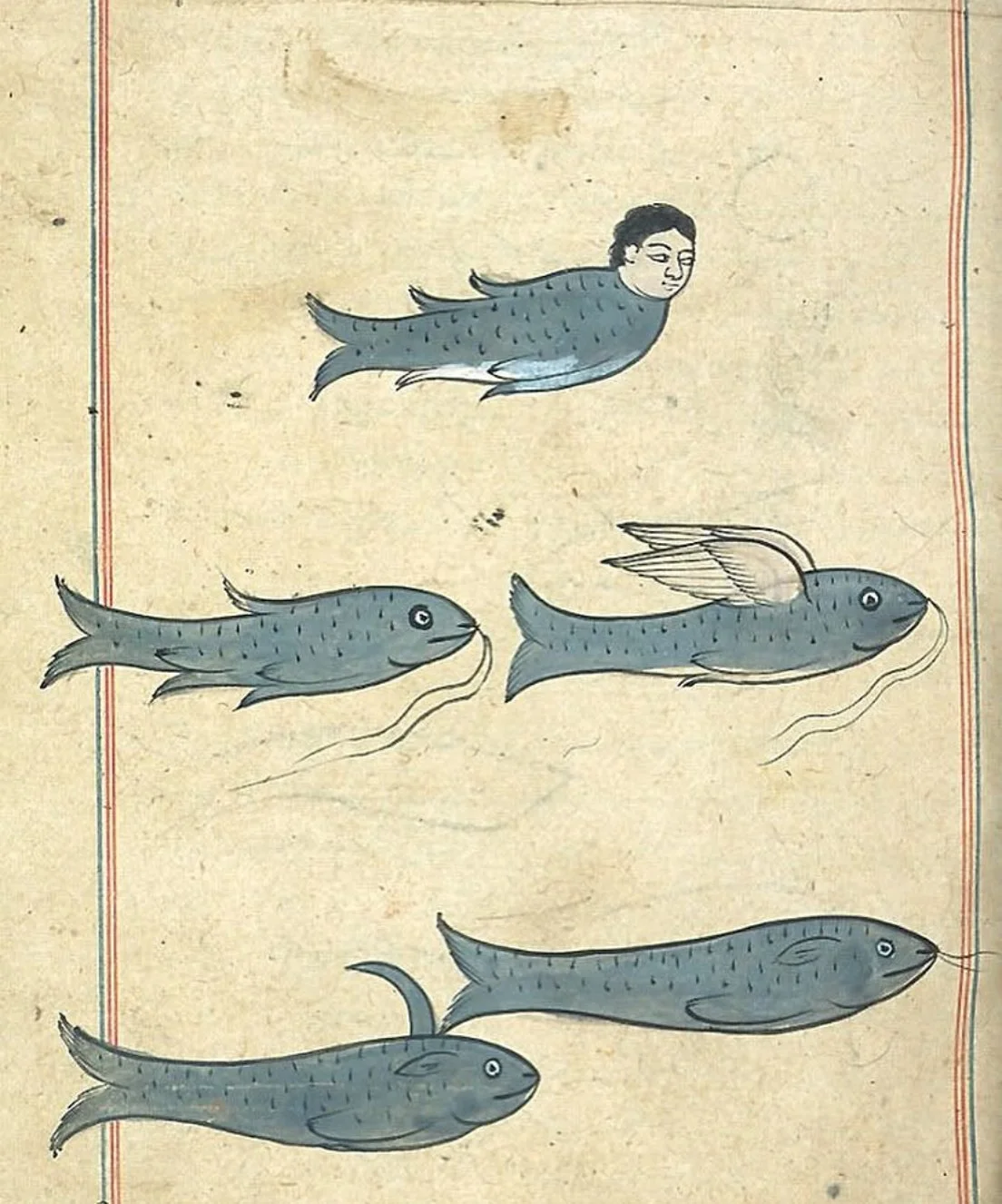Hunger Games: Desire Decoded The Art of Distinguishing Want from Need
In psychotherapy, we encounter one another, and ideally, it is a special moment of human consciousness where philosophy is set aside to engage in the practicalities of life. In time, we can get closer to realizing how the true nature of suffering (and contentedness) eludes us. Not why.
“Put your anger in my teacup!” my first zen teacher would holler at me. “Wha?” I’d mutter. If you can’t do it, your anger is not real!”
My teacher tried to demonstrate that feelings are not where suffering takes root. Feelings are temporary and fleeting. The problem (I'm not too fond of this word) is that our emotions often overwhelm the best intentions—and then we do something stupid.
Without awareness, we are likely to get on the wrong bus.
We are standing there, trying to mind our thoughts.
Maybe we are picking our noses, hoping no one will see us.
The bus arrives, and without a thought, we follow the person in front of us onto the bus.
We have no idea where we are going.
We didn't look at the sign.
We just got on the bus.
We wanted to go to the grocery store for chips and ended up in Tulsa.
I'm certainly not the first person to point this craziness out.
As a psychotherapist, I've observed this in myself and others. Feelings, in their purest form, are like colors on a canvas. But when we start grasping at the desires that come with the feelings, we become uncomfortable and dissatisfied. It's like a painter who eats paint because he is so enthralled with his creation that he wants to digest the visceral emotions that are a part of his actions.
So, desire is a puzzle, echoing the ancient nature of want versus need. Hunger, for instance, is not an arbitrary desire but a primal call for survival. Misinterpreting our base can lead others to unnecessary suffering, a theme familiar in the contemplative traditions of Eastern spirituality.
The Buddha, far from being a religious moralist, was akin to a psychologist. His goal was not to condemn desire but to illuminate the path to truth and clarity. I was introduced to this concept thirty years ago and still find this perspective "enlightening." Consider that when we view hunger simply as a need, not a desire, we align ourselves with the natural order of things.
The same can be said of thirst and sex.
For Buddhists, the body is not an entity distinct from the mind. To deny this for moralistic reasons is not wisdom but a misunderstanding of our fundamental human nature. We are mind-body beings. The whole of our existence is channeled through the biology of the brain—and the biological brain is the body.
In the therapeutic space, it becomes evident that our main challenge is not to decode desire but the attachment that follows with it like a rabid dog. Our attachment manifests in a jumble of thoughts that further entangle our identity with our desires, leading us into a cycle of 'wanting to become' or 'needing to eliminate.' “I am the paint,” thinks our inner Van Gogh.
Observing our whole being biological, cerebral, and sexual, unfolding with a neutral, mindful approach is not complex. People generally call this “spiritual” another world I am not fond of. I teach zazen, a technique taught in Zen Buddhism that is readily applicable to modern psychotherapy. In time, we can learn not to judge desires as good or bad and that the self, or lack thereof, experiencing this desire are but features of human consciousness.
When we decode them, desire's disruptive power over us is lifted. However, spoiler alert—they do not go away entirely.
Sorry.



